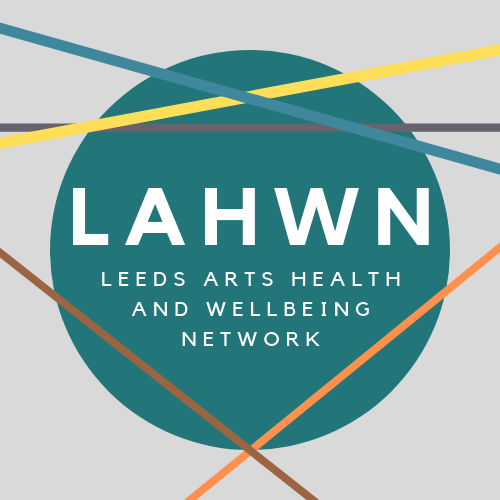Research and Reports
You can access a repository of global arts and health resources created on behalf of the Special Interest Group for Arts, Health and Wellbeing within the Royal Society for Public Health. Over five years it has amassed over 600 key documents and aims to be a permanent online resource as the Arts and Health sectors grow.
To follow are some key resources that LAHWN members have found particularly helpful. Please contact us to suggest further resources.
Creative Health Report (2017)
UK All-Party Parliamentary Group
There’s been a range of initiatives around arts and health over recent decades but we’ve got to start somewhere.
And we might as well be up to date as possible!
The All-Party Parliamentary Group on Arts, Health and Wellbeing that produced the report was formed in 2014. During 2015–17, the APPGAHW conducted an Inquiry into practice and research in the arts in health and social care, with a view to making recommendations to improve policy and practice. You can find full reports, short reports, policy briefings and podcasts here:
What is the evidence on the role of the arts in improving health and well-being?
(2019)
World Health Organisation/ Europe
This report compiles the global evidence on the role of the arts in improving health and well-being, with a specific focus on Europe.
Results from over 3000 studies identified a major role for the arts in the prevention of ill health, promotion of health, and management and treatment of illness across the lifespan. The beneficial impact of the arts could be furthered through acknowledging and acting on the growing evidence base; promoting arts engagement at the individual, local and national levels; and supporting cross-sectoral collaboration.
You can read a response to the report from Dr Stephen Clift, Director of the Sidney De Haan Research Centre for arts and health, here.
Participatory arts, sport, physical activity & loneliness: the role of space and place
(2020)
What Works Wellbeing
This report identified five key themes following reviewing over 11,000 studies. These highlight processes by which participatory arts and sport increase wellbeing and/ or reduce loneliness. They are:
belonging and identity
relationships to community and locality
therapeutic and sensory spaces
safe spaces
Pace and rhythm of a space and place
The following chart shows the ways spaces and places can influence wellbeing and loneliness.
Arts and Older People
(2009-2019)
Baring Foundation
Arts and Mental Health 2020-2025
Baring Foundation
There are many reports on the Barings Foundations work over the last 10 years but key reports include:
Older and Wiser? reviews the development of the creative ageing sector over the past decade, examining how far has it come and considering where it should go next.
On Diversity and Creative Ageing describes a selection of projects bringing arts and creativity to under-served older communities.
Art and dementia in the UK South Asian Diaspora with a special mention for Riplajeet Kaur, BME Dementia Worker at Touchstone Leeds
You can find all their reports here.
Including Creatively Minded, an initial mapping study of participatory arts and mental health activity in the UK - the first report of our new Arts & Mental Health funding theme. Leeds organisations such as Space 2, Artlink, the Arts and Minds Network and Inkwell Arts are discussed.
Arts and culture in health and wellbeing and in the criminal justice system (2018)
The Arts Council
Arts Council England reviewed current evidence base around the place of arts and culture in health and wellbeing and in the criminal justice system. The key themes this review explores are:
can arts and culture help reduce (re)offending?
the impact of art and culture on health and wellbeing throughout life
the role of art and culture in physical, psychological and social health

